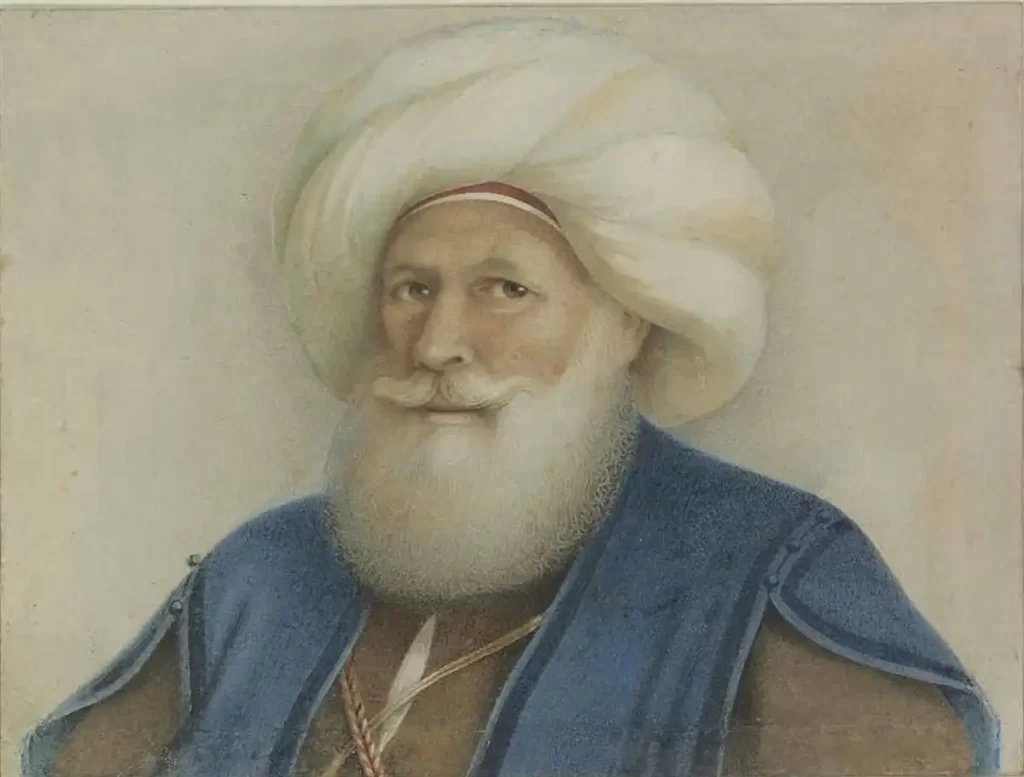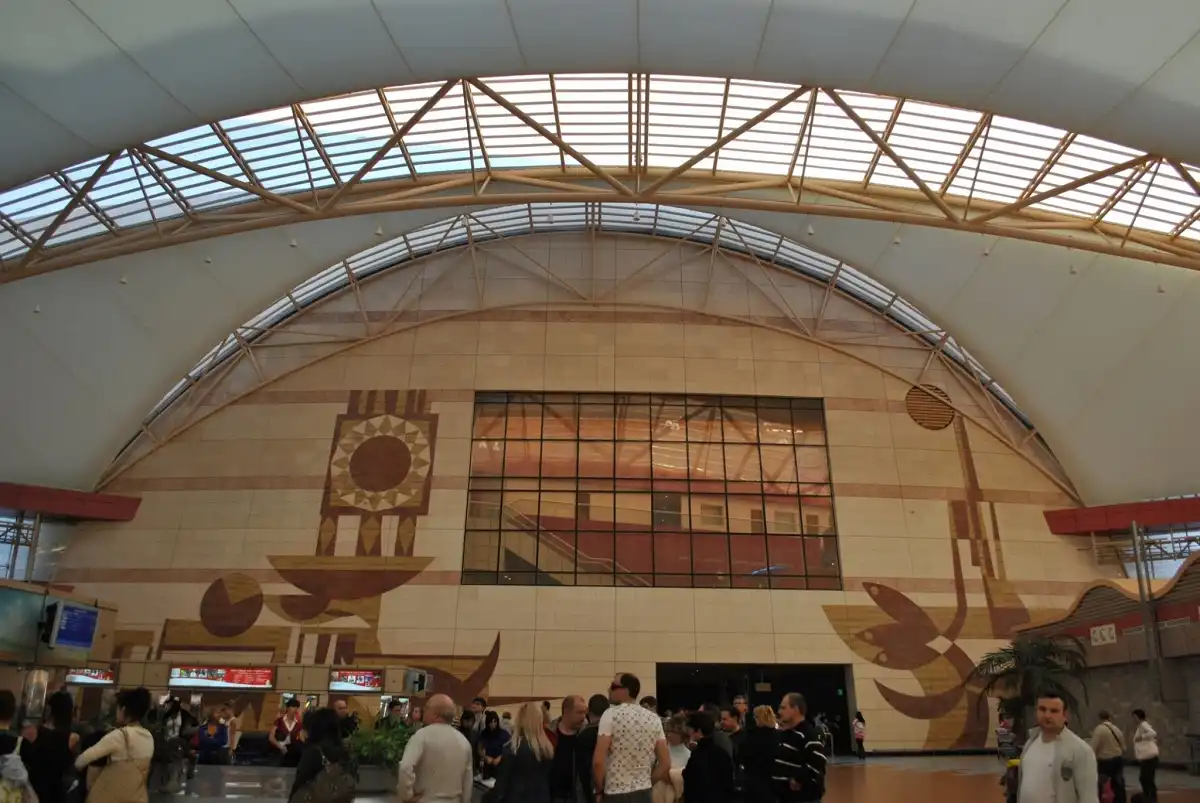
Muhammad Ali Pasha
[ez-toc]
It began with talented people who dreamed of building something greater than themselves, like their own nation, country, and long-lasting dynasty, much like the great kings from history books. One of those strong people who were able to realize their dreams was Muhammad Ali.
Muhammad Ali Pasha Origin
Beginning as an Ottoman Albanian commander in the Ottoman army, Muhammad Ali Pasha (who lived from 4 March 1769 to 2 August 1849) eventually became the ruler of Egypt. Due to the tremendous changes he made to Egypt’s economic, military, and cultural aspects, he is considered the father and founder of modern Egypt. Using his political savvy, leadership abilities, and cunning, he turned Egypt into a true superpower with significant influence at the time, bringing peace, wealth, and law and order.
How did Muhammad Ali Pasha Get the Rule of Egypt?
When the French forces withdrew from Egypt in 1801, leaving a vacuum, Muhammad Ali took the opportunity to seize the moment by appointing himself the Ottoman “Wali” governor of Egypt to take command of the Ottoman army to retake the province, but he had other plans. In 1798, Egypt was under the weak rule of the Ottoman Empire, but it was also occupied by the French forces under the control of Napoleon Bonaparte himself who destroyed the Mamluk ruler He worked to take more control and command of the nation and to get rid of the Mamluks, who ruled Egypt for more than 600 years, using the public’s and the religious establishment’s support.
The Mamluks assembled at the Cairo Citadel on March 1st, 1181, and Muhammad Ali’s army started slaughtering all sixty-four Mamluks present, including twenty-four leaders. Muhammad Ali then sent his troops throughout Egypt to wipe out any surviving Mamluk forces. He made Egypt into a regional power and proclaimed himself the legitimate heir because he had aspirations of founding his own dynasty and kingdom apart from the faltering Ottoman Empire. From the time of its founding in 1805 until 1953 AD, when the Egyptian Revolution took place, his dynasty ruled Egypt.
Muhammad Ali Pasha’s Achievements in Egypt
He understood that he would need a stronger force both economically and militarily if he wanted to fully free Egypt from the Ottoman Empire. He created an agriculturally focused approach, planting crops like rice, sugarcane, and cotton specifically for export. Irrigation, canals, dams, and barrages were only a few of the national projects and public works that were developed with the money generated by agricultural export and production. Additionally, he disbanded his foreign force and organized an army and fleet made up entirely of Egyptians under the authority of the Turks and under the instruction of French commanders. As he built universities and schools in the Western model to produce doctors, engineers, veterinarians, and other experts, he also launched an educational revolution. To finish his staff, he dispatched educational trips to Europeans who had received current technical training.
As he created factories to produce goods like sugar, glass, and textiles that competed with those made in Europe, as well as ships and weaponry for the nation’s new army and navy, he helped usher in the industrial age in Egypt. He introduced extra taxes to pay for all his pricey projects, which had a negative side that caused him to lose a lot of favor from the population. His monopolization of international trade resulted from his excessive control over agriculture, which soured his relationship with Britain, which saw Egypt as a threat to their ability to exert economic power. In 1831, he attempted to enlarge his empire by invading Syria, but the powerful armies of Britain, France, and Russia prevented him from succeeding. The 1841 contract, which mandates Muhammad Ali be stripped of all the captured territory except Sudan but grants him the hereditary governorship of Egypt for life in exchange, was the only option available to him.
Muhammad Ali Pasha’s Legacy
In 1848, he gave control of Egypt to his son Ibrahim, who passed away soon after. He himself passed away in 1849. His ability to leave a lasting legacy is shown in the renowned Muhammad Ali mosque in Cairo. Under his leadership, Egypt experienced significant economic growth and modernization as well as entry into the world community as a sovereign state rather than a province of the Ottoman Empire. He opened Egypt to European trade and commerce, created a strong army that depended on science, and—most importantly—improved education to meet European standards. He entered Egypt, turned it into an industrial nation, and established what is today referred to as modern Egypt.



